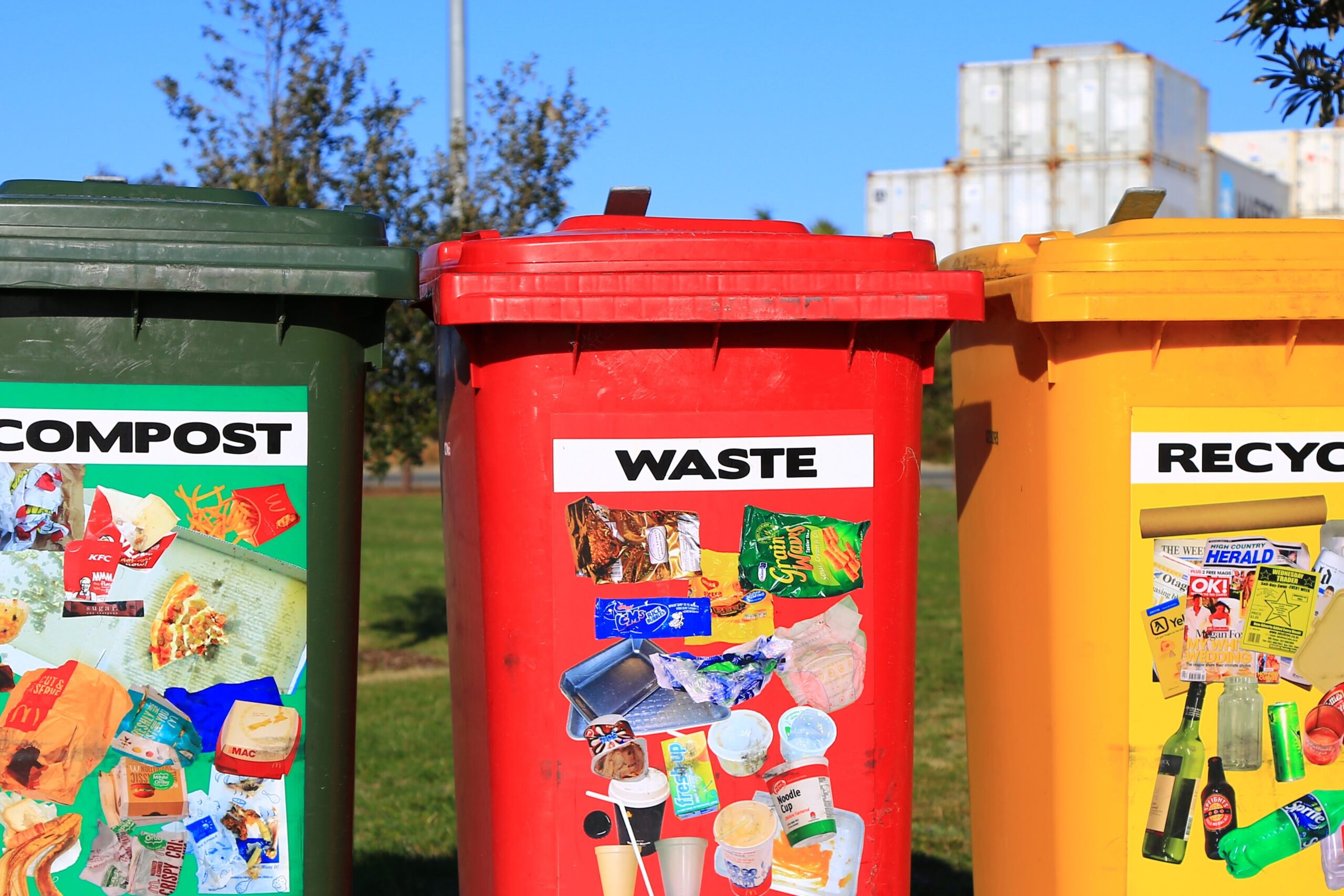The Differences Between Recycled and Compostable Poly Mailers
When it comes to packaging materials and mailers, ecommerce businesses are increasingly looking for sustainable solutions to limit their impact on the environment while also providing great service to customers.
Custom poly mailers come in both recycled and compostable versions to help ensure your business maintains its environmentally friendly practices. Here are some key differences to consider when it comes to these materials to ensure you make an informed decision.
Recycled Mailers

Previously used materials can be reformed and repurposed to make new items, including mailers and packaging. Doing so prevents recyclable materials from needlessly cluttering up landfills, as refuse will be diverted to facilities where it can be repurposed.
Recyclable mailers also limit the use of finite materials, such as paper.
Impak’s eco-conscious OceanPoly® poly mailers are comprised of up to 25% recycled content from post-consumer sources, such as materials collected from coastal pollution areas like beaches and waterways, and post-industrial sources like manufacturing scrap, which could otherwise end up in a landfill. RethinkPoly™ poly mailers can contain up to 100% recycled functional resin. These recycled mailers have a variety of uses and applications, making them a versatile packaging option.
Common ecommerce uses include:
- Clothing & Accessories
- Home Décor Textiles
- Health & Wellness Vitamins & Supplements
- Household Cleaning Products & Refills
- Pet Products
Recyclable mailers can also be conveniently reused by consumers to send items of their own.
Compostable Mailers
Composting is the act of allowing organic materials to degrade within soil to provide nutrients to plants and grass. In most cases, composting material is made up of food, wood chips, and animal waste.
Compostable mailers also consist of organic materials, which means they can be effectively used as compost instead of being discarded in a landfill.
Compostable materials, including packaging, must be properly certified before entering the consumer space. For example, BPI certification entails a rigorous process to determine whether an item is suitable for composting. If so, the item will bear a special label that indicates its ability to be composted.
The desire for compostable packaging is growing among consumers and businesses, as it offers another effective solution to the issue of waste.
Benefits and Drawbacks of Sustainable Mailers
To choose the best sustainable shipping materials for your business, it helps to look at the pros and cons offered by these mailing solutions. As for pros, you can look forward to the following when using sustainable packaging:
- Reduced carbon footprint
- Limited use of finite resources
- Improved durability
- Water resistance
- Unique branding opportunities
Despite their many benefits, sustainable mailers are also associated with a few downsides:
- Many recyclable mailers can’t be accommodated by curbside recycling services
- Sustainable mailers can fall victim to rips and tears as they’re reused
- Compostable mailers must be subject to correct conditions, or they won’t break down
Unique Challenges Facing Compostable Mailers
Compostable mailers face a few significant obstacles when it comes to sustainability. Composting facilities can face challenges when processing packaging, which has led many to ban non-food compost at their plants.
For instance, certain materials are prohibited because they get in the way of organic standards established by the USDA, which means agricultural operations would be unable to provide compost to farmers.
Composting facilities also have concerns about mix-ups between compostable and non-compostable packaging. Should a non-compostable product inadvertently be included, facilities must spend time and money addressing the issue to prevent compost products from becoming contaminated.
Sustainable Packaging Benefits Your Business, Your Customers, and the Environment
At Impak Retail, our goal is to develop mailers that meet the needs of our clients while also limiting negative environmental effects. Please contact us today to discuss our mailer options and get started on your custom packaging quote.